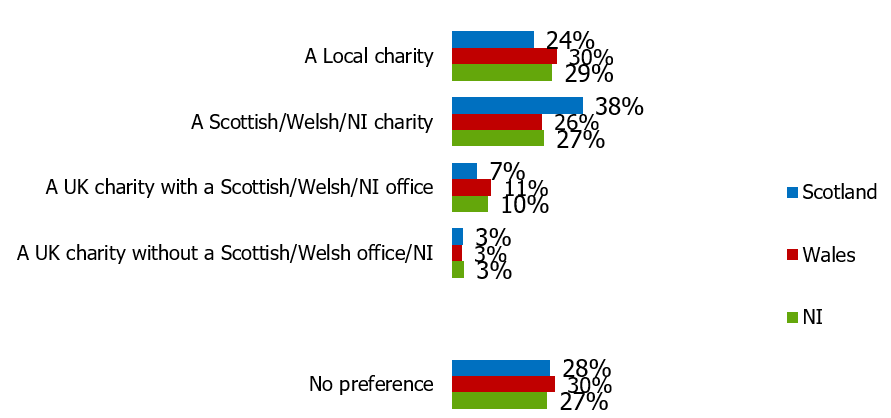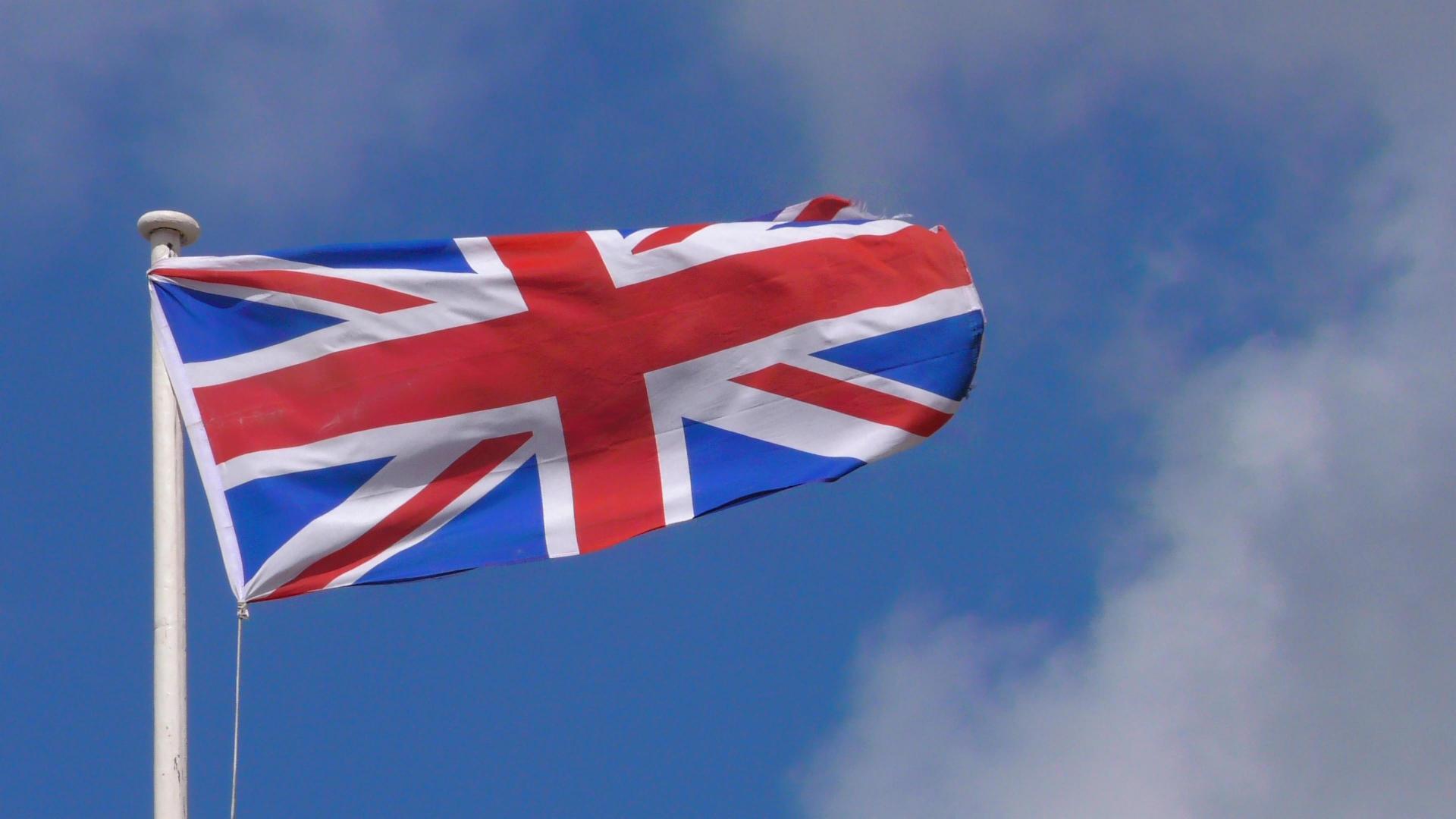The United Kingdom is a confusing place to be at the moment. Amidst all the rules, regulations and lockdowns being implemented by the various tiers of government, you’d be forgiven for burying your head in the sand and ignoring it altogether! But if anything, the last few months have made us even more aware of the complexities and awkwardness of this country.
Indeed, in recent weeks we’ve seen quite a departure from the unified approach to lockdown that we saw back in the spring. Different strategies across all four nations of the UK are now in place, strategies that better reflect the severity of COVID-19 in each nation. At best you can say it replicates a patchwork quilt approach to dealing with the pandemic, and at worst confusing!
But while all the rules and regulations may be puzzling for all of us, it has exemplified the increased strength and identity of our devolved nations. Perhaps no event in the last 20 years has displayed the ever-diverging pathways that the nations of the UK have journeyed through as this global pandemic has done. These differences in approach and attitudes aren’t just being felt at a political level but a societal level as well.
As such, it’s worth asking the question – is this increasing divergence being represented in the charity sector across the UK? On the face of it, such distinctions are already obvious. For starters, Scotland and Northern Ireland already have their own regulators (Wales, somewhat bizarrely, continues not to) and have done so for many years. Laws and regulations are already taking their pathways in these parts of the UK and will continue to do so as devolution progresses. And when we surveyed the public across the three devolved nations of the UK this summer, we were able to uncover some interesting perspectives as to how the public in the three nations view the sector. In terms of preference, the majority across Scotland, Wales and Northern Ireland favour charities that are either locally based or distinguished within their own national identity. This preference for a separate identity based on nationality is particularly evident in Scotland. In particular, we found that:
-
Around 57% of the public in Scotland would prefer for their donation to be spent in Scotland. This compares with 53% in Northern Ireland and 46% in Wales
-
38% of the Scottish public say they are more likely to support a Scottish charity. Those who would rather support a Northern Irish charity in Northern Ireland and a Welsh charity in Wales is around a quarter (27% and 26% respectively)
-
30% of people in Wales are more likely to support a local charity compared to those in Northern Ireland (29%) and Scotland (24%)
Figure 1: Preferred charity in Scotland, Wales and Northern Ireland


“Consider a charity providing services in Scotland. Which of the following would you be most likely to support?”
Source: Celtic Charity Awareness Monitor, Jul-Sept 20, nfpSynergy | Base: 1,000 adults 16+, Scotland, 1,000 adults 16+, Wales, 800 adults 16+, Northern Ireland
On some measures like the preference towards a charity that is defined nationally, this isn’t a surprise, particularly in Scotland where there is an increased sense of national identity along with an ever-louder chorus of support for Scottish independence. But it underlines the fact that as the UK becomes more differentiated in the third sector, charities should start thinking about how best they can appeal to the public across these devolved nations that are becoming more parochial in their gaze.
There are implications for charities working in these devolved nations, particularly those with a reach that is UK wide (and beyond). In future, a blanket UK wide approach to dealing with certain causes may not be enough for charities to stay relevant in these nations, especially in Scotland where, if many recent polls are to be believed, the UK is in its death throes.
Slapping the name of a devolved nation at the end of a brand may help but it’s also important to note that demonstrating impact and nationally tailored campaigns in these regions is vital as well.
One recent example of a UK wide charity getting to grips with the diversity of issues and causes across the UK is that of Shelter Scotland and their recently launched #BuildScotland’sFuture campaign. This public campaign recently called on the Scottish Government to provide over 37,000 new social homes throughout the next Parliament from 2021 onwards. In not only engaging with the matter at a Parliamentary level, it also highlighted a very real and specific issue in housing that is prevalent across Scotland. As such it serves as an excellent example of a charity engaging in the diverse nature and problems that affect the different nations that make up the UK.
The UK charity sector is not one entity and approaching it as such risks generalising the great causes that charities up and down the country represent. Thankfully many UK wide charities do recognise this with hundreds channeling their efforts through the devolved administrations and with great success too. But at a public level it’s equally important for these charities to continue, and further, public engagement on issues that are unique to the different parts of the UK. In doing so they will stand themselves in good stead whatever direction the public in the devolved nations take.

